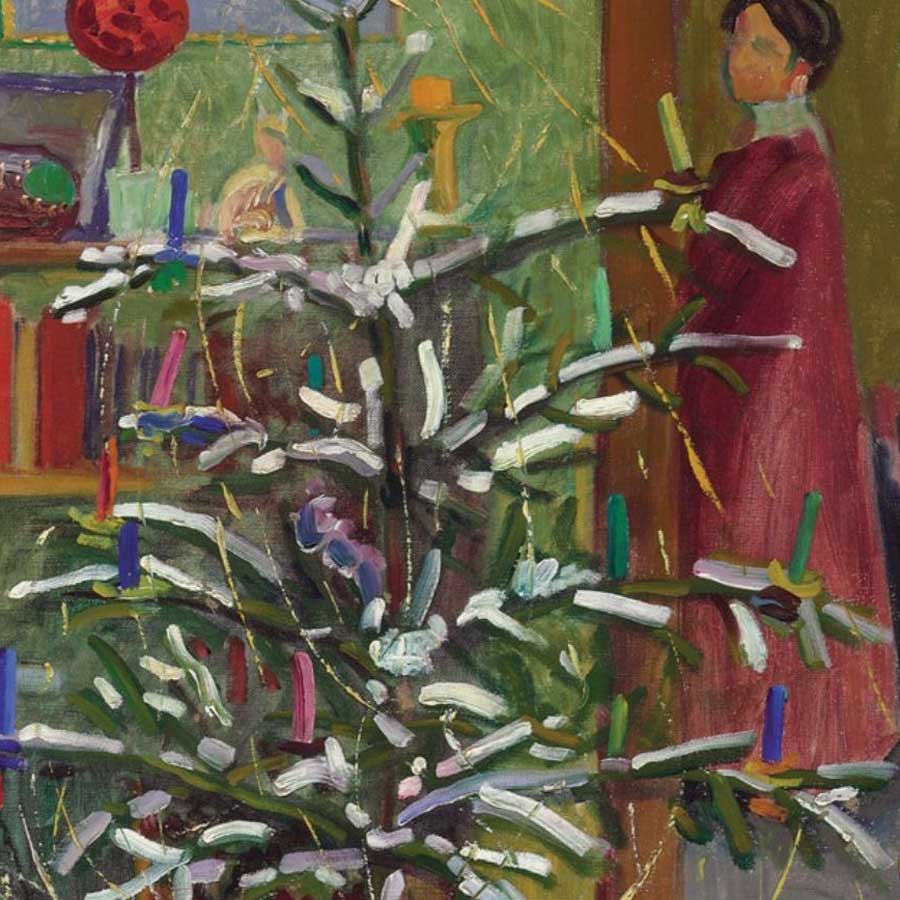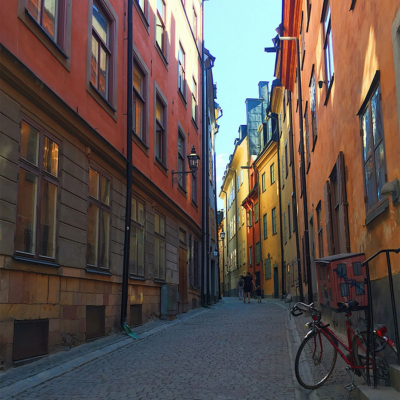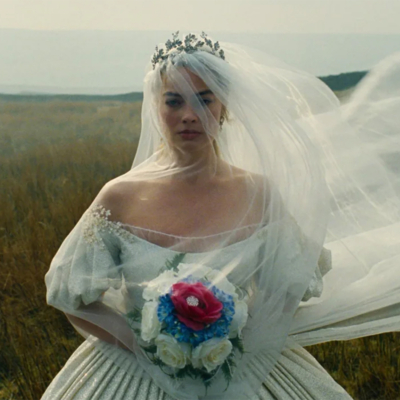Facing the first Christmas after a bereavement is incredibly difficult. I speak to women about their experience of loss and navigating the most emotionally charged time of year …
The Christmas after my mother died, my sisters and I had been deciding whether to rent an apartment in Tenerife, or go to Oslo, or perhaps book a tasteful 19th-century Airbnb outside Florence. We talked about Connemara, and West Cork, and Lahinch. We talked about five-course lunches in hotels, about going for a Chinese. About cancelling Christmas.
Then we stopped talking, our WhatsApp groups falling silent because we each knew what we had to do. We had to (we wanted to) go home as usual to our parents’ house. Though it wasn’t very usual because one of them was gone, her delightful spirit taken by a short illness earlier that year.
The loss of a loved one is something many of us face into every year, and it will happen to every one of us at some stage.
But when it’s your turn, and Christmas starts festooning the air you breathe, playing festive hits in your ears, you think you’re the only one – the only soul to ever be bereft of the one person you adored. You go for what you think will be a normal coffee, but the cup is covered in reindeer, and gingerbread houses, and a quiet dread can start to settle in you. Then you sit at your desk and it’s waiting for you. The invitation to your “team Christmas party to celebrate another great year guys!” You click “tentative accept”.
When Kate lost her mother she “felt a sense of panic around being in the middle of all the celebrations and not being able to cope,” she confesses. “I was usually excited at the first signs of Christmas but the sense of sadness that year was immense. I used to pick at least one present for my mum in M&S. Even just passing there was hard.”
Kate’s mum worked so hard around Christmas she overlooked her own birthday on December 23. Welcoming friends into their home in traditional fashion was what she loved, says Kate. “She took so much care in the days leading up to Christmas, and on Christmas Day itself, to make sure that everyone who visited enjoyed amazing home cooking in the presence of a real fire. The commercial side was not a priority for her and the most important decorations were the crib, holly and the Christmas candle. We will miss that realness so much.”
Christmas is a popular time to experience deep dismay at the loss you felt sure you could manage.
Wandering through town, beneath the bogus evergreen, past the snowflake art in the windows, you kind of get a sense someone’s throwing a party and you are explicitly not invited. Or no – you are actually hosting the party, though you never wanted to. And none of your guests want to be there either.
I take comfort in my own mother’s lack of affection for Christmas. She had very little interest in its trappings. She bought presents, too many presents, but certainly didn’t wrap them, just handed us things and said “I got one for myself, too!” She made Christmas cake, but got bored of icing it, so it was just a fine, big, slightly burnt fruitcake. She didn’t do Christmas decorations. I doubt she knew where we kept our Christmas decorations. And yet, she may not have relished Christmas, but she made sure the rest of us did.
Catherine, whose father died some years ago, describes the first year without him as “inevitably, extremely hard. It’s a sad business. As well as coping with the unfillable absence of the loved one themselves, there is the rupture to all those little rituals and family traditions that define Christmas. The simplest things – where everyone sits around the dinner table, or who carves the turkey – are freighted with loss. You’re faced with having to find new ways of doing things.”
That first year, Catherine and her family were invited to spend Christmas with in-laws who “rallied around them”. “The change of scenery made it possible for us to enjoy the time together without it all feeling centred on our bereavement,” she says, adding: “If the death has been sudden, you’re slightly numbed and sleepwalking through it all, so it’s good if someone else can step in and take control. In that first year, it really was the kindness and sensitivity of others that got us through.”
For Kate, it is her four children who have helped her see the fun side in all of this. “They really do enjoy what is happening in the moment. Not thinking too far ahead makes it easier for me to cope. I have a strong desire to create the same memories for my kids around Christmas that my mum created for us – family, food, warmth and welcomes and I gain comfort from that.”
What is more, it does get easier, Catherine believes. “It was a few years before we had Christmas dinner back in our own family home, but when the time came, it felt right to revive those traditions and bring celebration back into the house. We were able to remember all those other joyful Christmases with Dad”. Christmas hasn’t been so terribly sad in recent years, she has lately realised. “Things really do move on and heal.”
When Pauline’s husband died, he left a huge gap – he was a huge personality and they were as close as it’s possible to be – and still very much in love.
“Facing into Christmas without my darling husband seemed unthinkable, impossible, unbearable. I dreaded the loneliness most of all. Christmas celebrations are steeped in family being together – the fun and the chaos. Each Christmas is a reminder of Christmas past, built on a lifetime of tradition and shared memories. And inevitably at the heart of it all – and in the hearts of us all – the loved one no longer with us.
“Expectations run impossibly high. Small children – my grandchildren – are already creating their own Christmas memories and of course they can’t be disappointed. My adult children too are grieving the loss of their beloved father. They need to be supported and allowed to offer support. I had to accept it would be painfully hard.
“Some friends suggested it might be helpful to try a different Christmas as an alternative. Spend the day in a hotel, go abroad, have a holiday in a new location –neutral, less work, less raw grief, perhaps fewer aching memories to contend with. Instead I decided to follow my heart. Somehow I found comfort and strength in keeping on the cherished traditions. Celebrating Christmas as we had before, I felt we were honouring him, including him, and valuing all we had built and shared together as a family. It was important to continue.
“It was a small consolation for us all to sense that he was with us, still alive in these little rituals, still playing a key part in our joy, our celebration and our pain. You see, my husband, their father, isn’t yet a memory, he is a presence and an active one. For me, to have changed Christmas would have been a denial of the spirit of our particular Christmas – yet another painful loss. For me, this Christmas he will still be himself and very much with us. Having done it before, we know we can do it again.”










